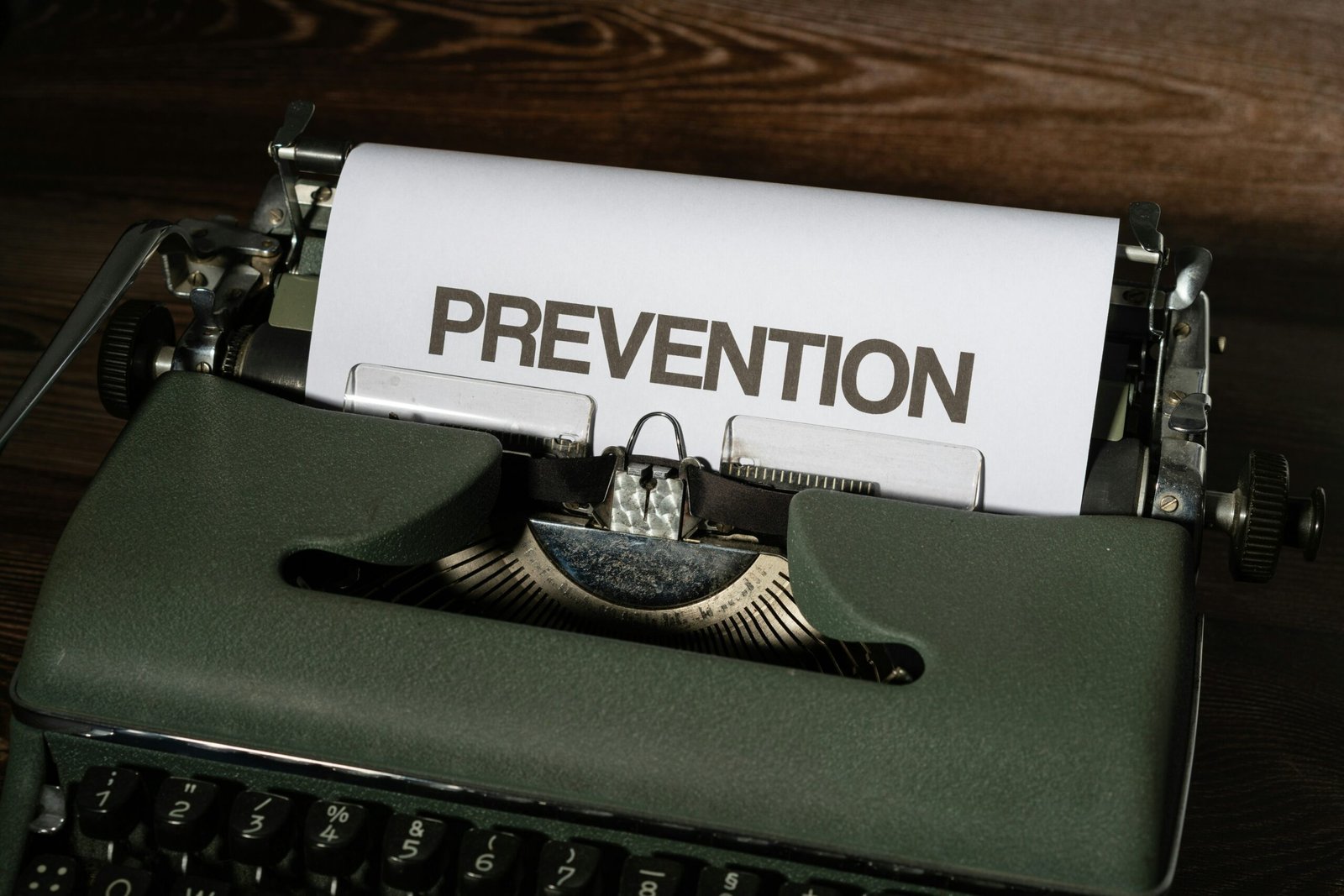Have you ever found yourself concerned about the rising cost of living and wondering how it impacts your savings and investments? Inflation can quietly erode your purchasing power and affect your financial well-being if left unchecked. By understanding some strategic ways to protect against inflation, you can preserve your money’s value over time while ensuring that your financial future is secure.

This image is property of pixabay.com.
Understanding Inflation
Before we dive into strategies, it’s crucial to have a basic understanding of what inflation is. Inflation is the rate at which the general level of prices for goods and services rises, eroding purchasing power. Essentially, over time, you’ll need more money to buy the same basket of goods and services.
Inflation isn’t inherently bad; moderate inflation is actually a sign of a healthy economy as it encourages spending and investment. However, when it becomes unpredictable or too high, it can become a serious problem.
Why Inflation Matters to You
Inflation affects nearly every aspect of your financial life. If you’re saving for retirement or education, for instance, your savings need to grow at a rate that outpaces inflation to maintain their value. How does inflation impact your day-to-day life? And why is it so crucial to protect yourself against it?
Your Purchasing Power
Inflation reduces what a dollar can buy over time. For example, if the inflation rate is 3% per year, an item that costs $100 today might cost $103 next year. Over a decade, this can have a significant impact on your ability to afford everyday items.
Investments and Savings
For those with investments, inflation can erode returns if they’re not generating enough to keep up with the rising prices. Cash savings, particularly, can lose value if kept in accounts that offer low-interest rates.
This image is property of images.unsplash.com.
Strategies to Protect Against Inflation
Thankfully, there are several proactive measures you can take to shield your finances from inflation’s negative effects. Let’s explore some of these strategies in detail.
Investing in Stocks
Stocks have historically provided returns that outpace inflation, making them a crucial component of any strategy to combat inflation. When you invest in stocks, you’re buying a piece of a company, which theoretically gains value when the overall economy grows.
Diversification Matters
Within the realm of stocks, diversification is key. Spread your investments across different sectors and geographic regions to mitigate risk. For example, consider a mix of domestic and international stocks, including companies of various sizes and industries.
Real Estate Investments
Real estate is another effective hedge against inflation. As the cost of living rises, so does the value of properties and the income they can generate, like rent.
Direct Ownership vs. Real Estate Investment Trusts (REITs)
You can either invest directly by buying properties or indirectly by investing in Real Estate Investment Trusts (REITs). Direct ownership requires more capital and management, but it gives you control over the property. REITs are a more liquid alternative, allowing you to invest in real estate through the stock market.
Commodities
Commodities, such as gold, silver, and oil, tend to increase in value during inflationary periods. They are tangible assets that hold intrinsic value.
Investing in Precious Metals
Gold and silver have long been considered safe-haven assets. While these don’t generate income, they do serve as a store of value and can provide security during economic uncertainty.
Treasury Inflation-Protected Securities (TIPS)
TIPS are government bonds specifically designed to protect against inflation. Their principal value increases with inflation, providing you with a return that matches the inflation rate.
Comparing TIPS with Other Bonds
| Feature | TIPS | Regular Bonds |
|---|---|---|
| Principal | Adjusts | Fixed |
| Inflation | Protected | Exposed |
| Interest | Paid | Paid |
Staying Educated and Informed
Knowledge is power, especially when it comes to financial decisions. By staying informed about economic trends and inflation rates, you can make better decisions for your investments.
Follow Economic News
Regularly follow financial news and reports. Government releases, such as the Consumer Price Index (CPI), can provide insights into current inflation rates and economic conditions.
The Role of Consumer Behavior
You play an active role in how inflation affects your finances. Your spending, saving, and investing habits can all influence your ability to withstand inflationary pressures.
Spending Wisely
Controlling your discretionary spending is pivotal. Differentiate between wants and needs. In inflationary periods, aim to reduce non-essential expenditures to maintain more financial flexibility.
Budgeting and Saving
You’re more likely to achieve financial goals if you have a robust budget and savings plan. Include inflation in your planning to ensure your budget stretches as far as possible.
Emergency Funds
Maintaining an emergency fund is crucial, especially during inflationary periods. It provides peace of mind and liquidity to handle unexpected expenses without compromising your financial stability.

This image is property of pixabay.com.
Long-term Financial Planning
Inflation protection isn’t just about selecting specific investments; it’s also about long-term financial planning.
Planning for Retirement
When planning for retirement, it’s essential to incorporate the potential effects of inflation. Calculate how much you need to save to maintain your lifestyle once you stop working.
Estate Planning
Incorporating inflation considerations into your estate plan ensures that the value of your legacy keeps pace with the cost of living and continues to meet your beneficiaries’ needs.
Seeking Professional Advice
It’s beneficial to seek guidance from financial advisors who can tailor strategies based on your specific situation and risk tolerance.
Choosing the Right Financial Advisor
When selecting a financial advisor, evaluate their experience, expertise, and understanding of inflationary environments. Look for someone who prioritizes your interests and offers transparent advice.

This image is property of images.unsplash.com.
Conclusion
Safeguarding your finances against inflation requires a diversified approach, proactive planning, and informed decision-making. By implementing these strategies, you can enhance your resilience against inflation’s potential impacts. Remember, the faster you act, the better you can secure your financial future against the silent creeping of inflation. Making informed choices today will ensure that your future purchasing power remains protected, no matter what the economic climate brings.


